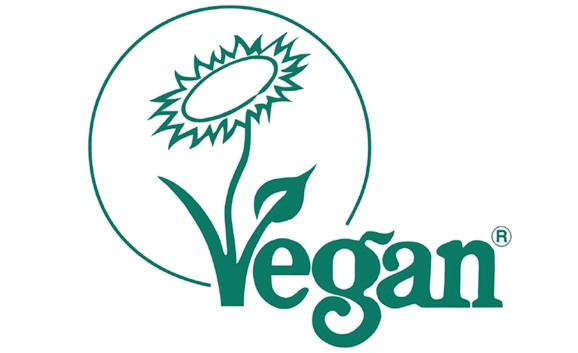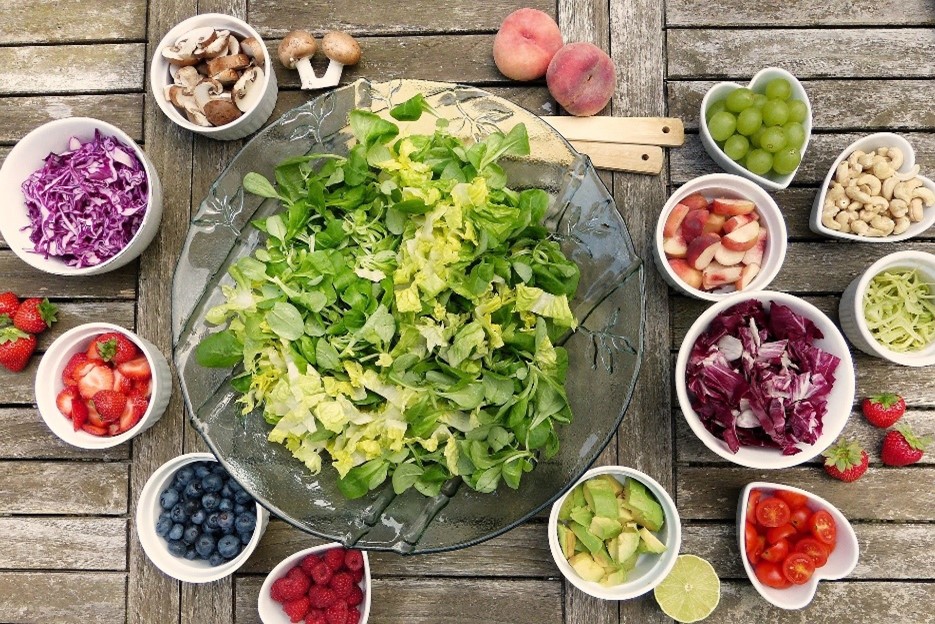Food Certification Trend – VEGAN
Page Information

Contents
Food Certification Trend – VEGAN
With the growing interest in food safety around the world, the demand for international standards related to food safety such as ISO 22000, HACCP, and FSSC 22000 is increasing.
In addition, starting with developed countries such as North America, Australia, and Europe, interest in animal welfare and health is affecting food consumption around the world, so domestic demand and market for vegan products and organic certification are gradually expanding, As the global market moves, the number of vegan certifications for domestically produced foods is also increasing.
** Products that have obtained vegan certification are affixed with the vegan mark, which is used to clearly inform consumers that food is vegan.
 < Vegan Mark >
< Vegan Mark >
In 2022, February, the Ministry of Agriculture, Food and Rural Affairs and the Korea Agro-Fisheries & Food Trade Corporation (aT) published the 2021 processed food segment market status_ In the vegan food market, animal welfare, As an issue of leather breeding method, interest in safe and healthy food/living and consumption activities based on ethical thinking and concern about environment and health due to COVID-19 surfaced of one's values and beliefs in consumption As a consumption trend such as “meaning out” is being formed, large corporations are gradually responding to the market, so the categories of vegan products are gradually becoming more complex, from vegan products centered on simple raw materials in the past to frozen cooked foods, sauces, seasonings, etc. It was analyzed that it is expanding to foods that contain various raw materials.
In Europe, interest in ‘sustainable’ food considering health, environment, and animal welfare is increasing, and consumption of alternative meat, vegan food, and organic food are showing steady growth. Europe was the largest market for meat substitutes, meat substitutes in 2016, accounting for 39% of global sales. Sales of food-based food and beverage products in Europe continue to increase from €2.4 billion in 2018 to €3.6 billion in 2020. 1)
In the United States, sales of vegan foods that directly replace milk, meat, and more grew 27% between 2020 and 2021. Growing interest in vegan products, with plant-based food retail market revenue growing from $5.5 billion in 2019 to $7 billion in 2021, with plant-based milk accounting for 15% of the total milk category and 35% of the total plant-based food market It is a trend. 2)
 < VEGAN Main Item >
< VEGAN Main Item >
[ VEGAN Main Item ]
Plant-based milk
Plant-based alternative milk is a milk-flavored drink that extracts protein and fat from plant-based raw ingredients such as beans, almonds, and oats. Typical examples include soy milk, almond milk, oat milk, and coconut milk.
General milk has three times more greenhouse gas emissions than plant-based milk and requires more than nine times land and a large amount of water to produce milk.
Therefore, because plant-based milk is more eco-friendly than general milk, the demand for consumers that pursue vegetarianism continues to increase. 3)
Alternative meat
Alternative meat is an alternative food that can replace meat. It is food ingredients that make its shape and texture like meat with the non-animal ingredient. Most of the alternative meat is made from plant-based protein materials such as beans and grains. The size of the global alternative meat market was $4.7 billion in 2019 and is expected to be $6 billion sizes in 2023. By country, the United States forms the largest market with about $1 billion sizes. 4)
IGC supports as an official agent of The Vegan Society in the UK.
If you have any questions, please contact us at the following email address.
E-mail: info@igcert.org
[ Reference ]
1) Foodnavigator News https://www.foodnavigator.com/Article/2017/08/24/Europe-leads-in-innovation-as-meat-free-demand-grows
Smartprotein Report https://smartproteinproject.eu/wp-content/uploads/Smart-Protein-Plant-based-Food-Sector-Report.pdf
2) Good Food Institute https://gfi.org/marketresearch/
Good Food Institute https://gfi.org/marketresearch/#categories
- PreviousNotice for Transition of ISO 50001:2018 and ISO 50003:2021 22.04.29
- NextISO 22483:2020 Tourism and Related Services – Hotels service requirements 22.03.15
Comment list
There are no registered comments.

